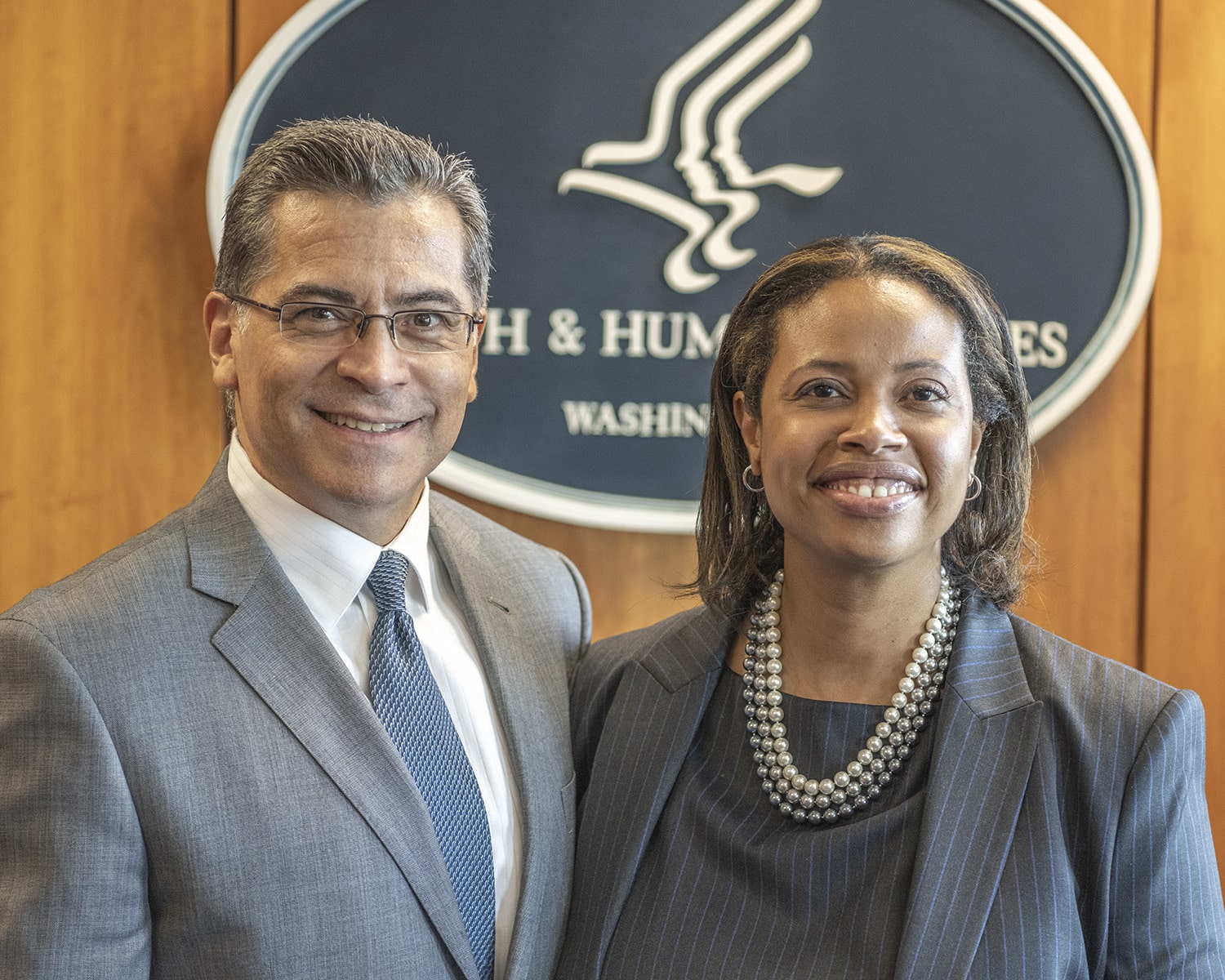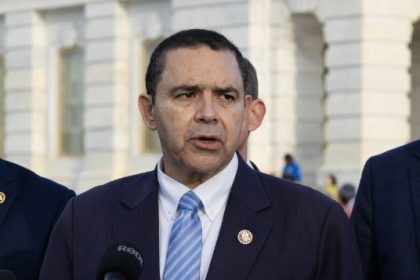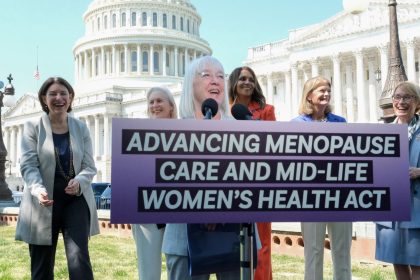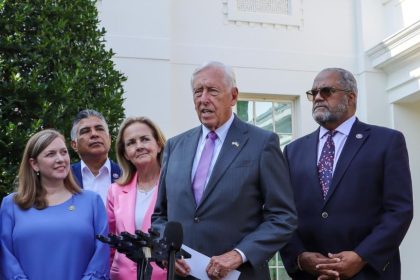CMS Cracks Down on Hospitals and Issuers to Comply with Price Transparency Rules

WASHINGTON — In an effort to make health care prices more transparent for consumers, the Centers for Medicare and Medicaid Services has issued a bundle of new price transparency initiatives and is gearing up to enforce those protections.
“We’ve seen varying assessments of hospital compliance from outside organizations,” said a CMS spokesperson, in an email to The Well News.
CMS currently has two key price transparency initiatives in focus, one which was implemented last year for hospitals to provide clear, accessible standard charge information online about the items and services they provide, and one which will begin on July 1 to require most group and health plans to post pricing information for covered items and services.
During the start of the COVID-19 pandemic in 2020, CMS finalized a policy to delay the effective start date of the Hospital Price Transparency rule to Jan. 1, 2021.
“We believe this provided hospitals with sufficient time to collect and display the standard charge information as required under this rule,” said the CMS spokesperson.
The final hospital price transparency rule requires hospitals by law to provide clear, accessible pricing information online about the items and services they provide.
CMS began enforcing the HPT regulations on Jan. 1, 2021, but a report from PatientRightsAdvocate.org finds that less than 20% of hospitals are complying with the rule.
According to the same report, just over 600 hospitals did not publish an adequate amount of negotiated rates, 586 hospitals did not post all payer specific negotiated charges that the rule requires, and only 28% of hospitals posted the 300 most common services in a consumer-accessible way.
“CMS is aware of outside efforts to assess hospital compliance … We are encouraged by the significant increase in hospital compliance that we have witnessed since implementation of the regulations last year. We remain committed to working with hospitals through the enforcement process to continue to improve hospital compliance,” said the spokesperson from CMS.
Complaints are made by individuals or entities to CMS and those hospitals audited for non-compliance. If CMS finds that a hospital is non-compliant with one or more of the requirements to make public standard charges, then steps are taken to enforce the rule.
CMS provides a written warning notice to the hospital of the specific violation, and will request a corrective action plan from the hospital. A civil monetary penalty of $300 per day was charged in calendar year 2021, but for 2022 the penalty increased to $10 per bed per day, and for hospitals with bed counts over 30, up to a maximum daily penalty amount of $5,500.
The penalties are publicized on the CMS website if the hospital fails to respond to the request for submitting or complying with a corrective action plan.
This was the case for two hospitals in Georgia, Northside Hospital Atlanta, which was fined $883,180, and Northside Hospital Cherokee, which was fined $214,320, on June 7.
“CMS does not speculate reasons for non-compliance,” said the CMS spokesperson.
Following the HPT Final Rule, CMS and colleagues at the Departments of Labor and Treasury published the Transparency in Coverage Final Rule to require payers to make available to consumers important pricing information in advance of receiving health care items and services.
Starting July 1, 2022, the Transparency in Coverage rule requires plans and issuers to publicly post information about their in-network rates for all covered items and services between the plan or issuer and in-network providers and allowed amounts for, and billed charges from, out-of-network providers.
Under the TiC rule, plans and issuers will also be required to make available an internet-based price comparison tool which allows an individual to receive an estimate of their cost-sharing responsibility for a specific item or service from a specific provider or providers.
By 2023 this will be required for 500 items, and by 2024 this will be required for all items and services.
CMS said the self-service tool will allow a participant, beneficiary, or enrollee to request cost-sharing information for a discrete covered item or service by billing code or by using a descriptive term.
“By moving towards a more transparent health care industry, we can empower consumers to shop and compare costs between specific providers before receiving care and in turn, put downward pressure on health care prices and encourage providers to compete on price and quality,” said the CMS spokesperson.
Alexa can be reached at [email protected]
























